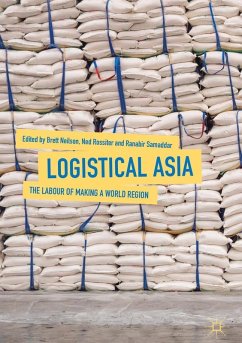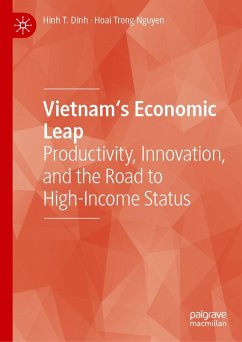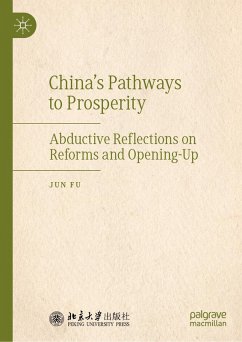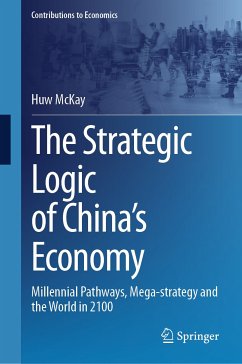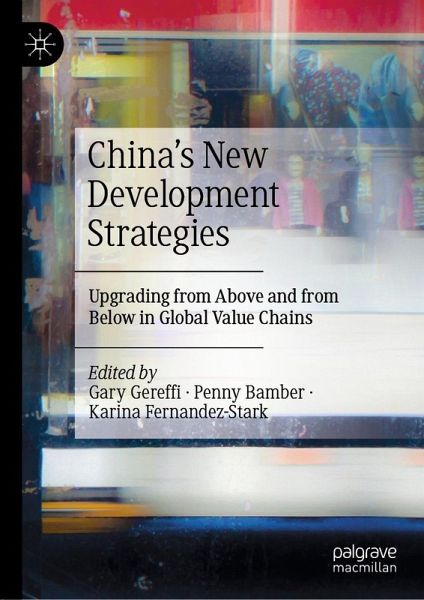
China's New Development Strategies (eBook, PDF)
Upgrading from Above and from Below in Global Value Chains
Redaktion: Gereffi, Gary; Fernandez-Stark, Karina; Bamber, Penny
Versandkostenfrei!
Sofort per Download lieferbar
72,95 €
inkl. MwSt.
Weitere Ausgaben:

PAYBACK Punkte
36 °P sammeln!
This book examines China's new development policies, which seek to reposition China from export platform for a diverse array of low-cost consumer goods to technological leader in sectors linked to advanced manufacturing, artificial intelligence, electric vehicles, e-commerce, and new internet-related production networks oriented to China's large domestic market. Focusing on the post-2010 period, the book shows how China's central government programs and reforms ("upgrading from above") are coupled with a wide variety of local government policies, firm strategies, and domestic economy shifts ("...
This book examines China's new development policies, which seek to reposition China from export platform for a diverse array of low-cost consumer goods to technological leader in sectors linked to advanced manufacturing, artificial intelligence, electric vehicles, e-commerce, and new internet-related production networks oriented to China's large domestic market. Focusing on the post-2010 period, the book shows how China's central government programs and reforms ("upgrading from above") are coupled with a wide variety of local government policies, firm strategies, and domestic economy shifts ("upgrading from below") that link China's top-down programs into industrial growth on the ground. Placing China's current development push within a global value chain (GVC) context shows how Chinese development strategies and the global economy remain intertwined. This volume brings together international GVC experts and China-based researchers who have carried out detailed fieldwork and industry specific quantitative analyses of GVCs and development with important implications for policymakers in both developed and developing economies.
Dieser Download kann aus rechtlichen Gründen nur mit Rechnungsadresse in A, B, BG, CY, CZ, D, DK, EW, E, FIN, F, GR, HR, H, IRL, I, LT, L, LR, M, NL, PL, P, R, S, SLO, SK ausgeliefert werden.




